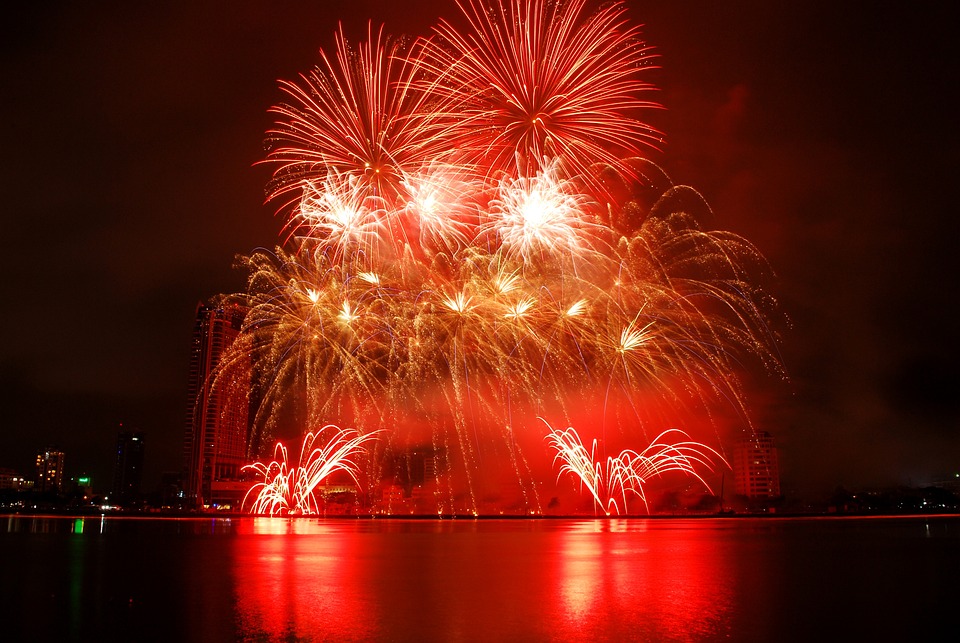From Virtual Reality to Artificial Intelligence: How Film is Embracing Innovation
In recent years, the entertainment industry has seen a surge in innovation with the integration of cutting-edge technologies such as virtual reality (VR) and artificial intelligence (AI) into the filmmaking process. These advancements have not only revolutionized the way films are made but also enhanced the overall viewing experience for audiences worldwide.
Virtual Reality in Film
Virtual reality technology has opened up new possibilities for filmmakers by allowing them to create immersive experiences that transport audiences into the heart of the action. VR films are typically shot using special cameras that capture a 360-degree view of the scene, giving viewers the sensation of being present in the story.
One notable example of this is the film “Gloomy Eyes,” a VR animated short that tells the story of a young zombie falling in love with a human girl in a post-apocalyptic world. The film garnered critical acclaim for its innovative use of VR technology and its emotionally captivating narrative.
VR has also been utilized in the marketing of films, with studios creating VR experiences to promote their upcoming releases. This not only generates buzz around the film but also creates a deeper connection with audiences by allowing them to engage with the story in a more personal and immersive way.
Artificial Intelligence in Film
Artificial intelligence has become an increasingly integral part of the filmmaking process, with filmmakers using AI algorithms to analyze scripts, predict box office performance, and even generate dialogue for characters. This has streamlined the production process and allowed filmmakers to make more informed creative decisions.
One example of AI being used in film is the 2018 sci-fi thriller “Morgan,” which was the first movie to have its trailer edited by an AI algorithm. The algorithm analyzed the film’s footage and selected the most emotionally impactful scenes to create a compelling trailer that resonated with audiences.
AI has also been used in post-production to enhance visual effects and create realistic digital characters. This was demonstrated in the 2019 remake of “The Lion King,” where AI was used to create lifelike animal characters that looked as though they were real creatures.
Combining Virtual Reality and Artificial Intelligence
The combination of virtual reality and artificial intelligence has led to the creation of truly groundbreaking cinematic experiences. One example of this is the interactive VR film “Dispatch,” which uses AI to track the viewer’s emotional responses and adapt the story accordingly.
“Dispatch” follows the story of a police dispatcher who receives a distress call from a kidnapped woman and must navigate a series of choices to save her. The AI analyzes the viewer’s reactions to different scenarios and tailors the narrative based on their emotional cues, creating a personalized and immersive viewing experience.
This fusion of VR and AI not only pushes the boundaries of storytelling but also challenges traditional notions of audience engagement. By allowing viewers to interact with the narrative in a more meaningful way, filmmakers are able to create deeply resonant and impactful stories that stay with audiences long after the film has ended.
The Future of Film Innovation
As technology continues to advance at a rapid pace, the future of film innovation holds limitless possibilities. Virtual reality and artificial intelligence are just the beginning of a new era in filmmaking, where filmmakers are empowered to push the boundaries of storytelling and create truly immersive cinematic experiences.
With the integration of VR and AI becoming more prevalent in the industry, we can expect to see a rise in interactive films that blur the line between reality and fiction. Audiences will no longer be passive spectators but active participants in the storytelling process, shaping the narrative based on their own choices and emotional responses.
In conclusion, the integration of virtual reality and artificial intelligence into the filmmaking process represents a new frontier in cinematic innovation. From immersive VR experiences to AI-generated dialogue, these technologies are transforming the way films are made and experienced, ushering in a new era of storytelling that challenges conventions and captivates audiences worldwide.



